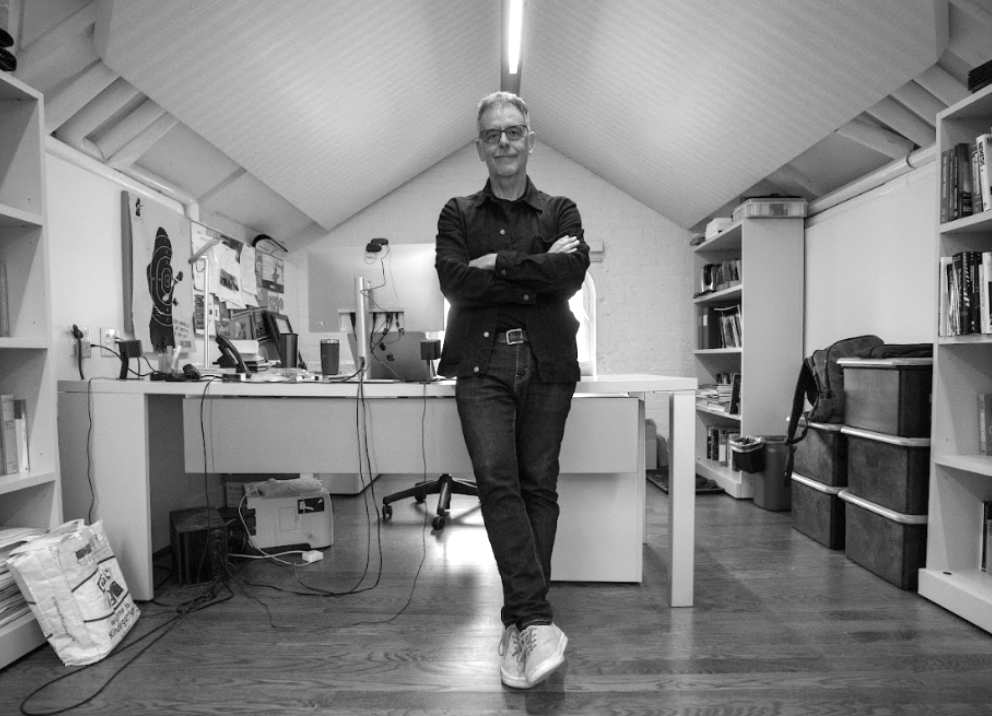Content:

How a Small Investigative Team Is Fighting the Growing Cyber Surveillance Threat
Global Investigative Journalism Network
06/10/2025
No one knows how many watchdog journalists or political dissidents are being digitally surveilled right now. But thanks to forensic counter-surveillance work pioneered by the Citizen Lab — a small research group at the University of Toronto — we do know that thousands of human rights defenders around the world have already been hacked. What’s more, government agents could be covertly monitoring all of the information in your smartphone, or even the view from your camera, as you read this — without the need for you having clicked on anything.
In a chilling and essential new book that reads like a spy thriller, “Chasing Shadows: Cyber Espionage, Subversion, and the Global Fight for Democracy,” published by Simon & Schuster, Ron Deibert, founder and director of the Citizen Lab, reveals how his team of cyber sleuths uncovered a rapidly growing commercial espionage industry over the past 15 years, and how numerous government security agencies have used those tools to covertly target journalists and dissidents around the world.
GIJN: For you, what are the top takeaways from “Chasing Shadows” for investigative journalists?
Ron Deibert: One big takeaway is that journalists are in the crosshairs of an out-of-control surveillance industry that governments have access to, and they are definitely targets and victims. There are a plethora of surveillance capabilities now from the private sector in the hands of government security agencies to put journalists under surveillance. I included a quotation in my book from a New York Times Middle East bureau chief, Ben Hubbard, after we discovered his phone had been hacked with a zero-click version of Pegasus — with no email attachment to click on or suspicious text message. It just infected his phone. He said: ‘It was like being robbed by a ghost.’
Second, that their sources and the family members of sources are also at risk. When your phone is compromised, that contains contacts, notes, recordings, photos, and videos to which now adversaries can easily have access.
Another takeaway is that there is now a really disturbing convergence of what’s happening with the personal surveillance economy — surveillance capitalism and social media-driven privacy invasions — and governments able to tap into that directly, or with the help of mercenary companies made up of ex-intelligence agents giving them a whole toolkit of services to hack into devices or track targets. This market didn’t exist 10 years ago, and this is highly dangerous for investigative journalists and human rights defenders. I do believe it’s contributing to the spread of authoritarianism, because those tools are used to undercut systems of accountability. There is also a chilling effect, and we heard from a lot of people who are retreating from their work because of the threat.